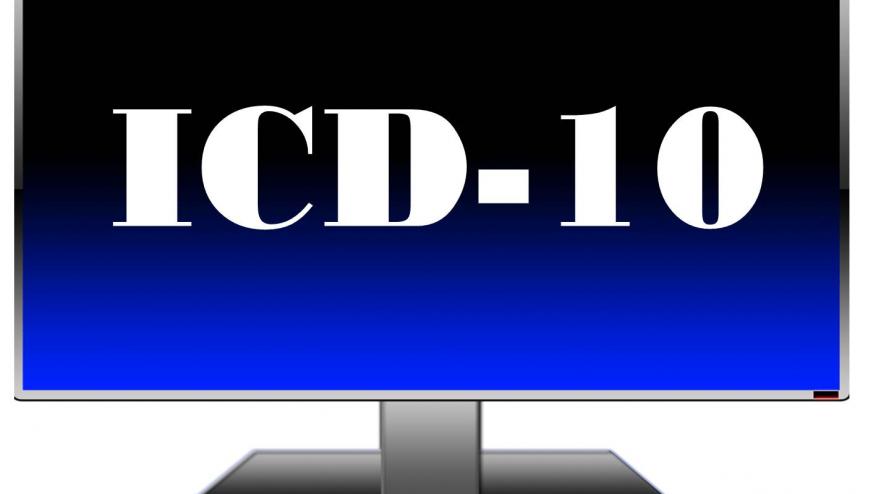ICD-10 Grace Period Ends October 1st Save

A year ago, physicians panicked with a new and formidable change in practice called ICD-10. This newer and more complex coding system had the angst of Y2K and nearly as much true trouble - largely because of the "relaxed" stance taken by CMS with its introduction.
However, the grace period ends on Oct. 1, 2016 and henceforth CMS will require the highest level of specificity in coding.
The coding guidelines have not changed, but you will be held to a greater level of accuracy going forward. You can expect that Medicare review contractors be auditing codes to ensure compliance with existing Guidance.
Unspecified codes will be frowned upon and may be acceptable at first presentation or when a condition is in evolution. However, the specificity of coding should improve with time and evaluation.
Coding should reflect when a condition is acute, chronic, or exacerbated, indicate right or left side of the body and then drill further down to the highest level of specificity.
Whenever possible, use software or mapping tools to improve your coding specificity.
Practices should identify their top 50 codes and identify how they can improve their accuracy.
Now is a good time to either review your past ICD-10 training or renew your ICD-10 training.
It is unclear what the penalties will be for those who do not comply with precise coding.










If you are a health practitioner, you may Login/Register to comment.
Due to the nature of these comment forums, only health practitioners are allowed to comment at this time.